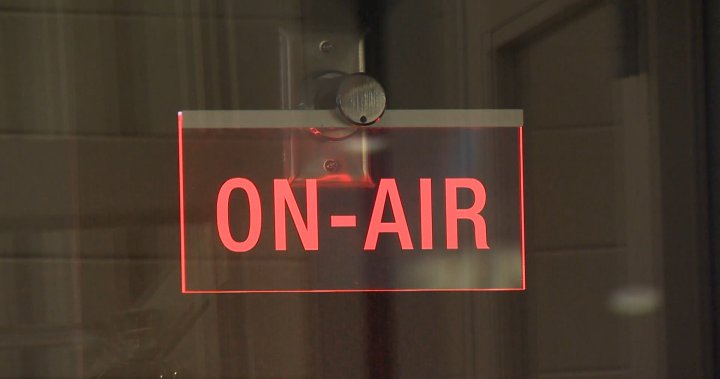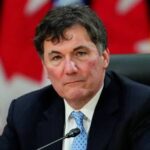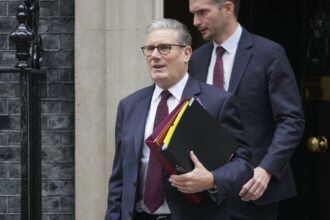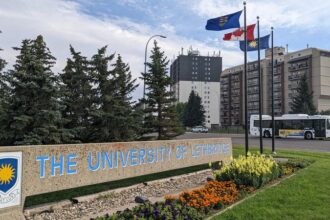In a move that has ignited heated debate across Canada, Alberta Premier Danielle Smith defended her government’s controversial decision to end public funding for COVID-19 vaccinations, shifting costs directly to Albertans. The policy, announced earlier this week, represents a significant departure from the pandemic-era approach of universal vaccine access and raises questions about public health priorities in the province.
“We’re not in an emergency situation anymore,” Smith stated during a press conference in Calgary yesterday. “Treating COVID like other respiratory illnesses means normalizing how we approach vaccination.” The Premier went further, questioning the efficacy of COVID vaccines while acknowledging she isn’t a medical expert—comments that have drawn sharp criticism from public health officials.
Under the new policy, Albertans seeking COVID-19 vaccinations will pay approximately $75 per dose, though the exact cost structure remains unclear. Smith emphasized that decisions about vaccination should rest with individuals and their healthcare providers, framing the change as part of her government’s broader strategy to “treat COVID like any other respiratory virus.”
Health experts across Canada have expressed alarm at both the policy shift and the Premier’s rhetoric. Dr. Eleanor Samson, an epidemiologist at the University of Alberta, told CO24, “Placing financial barriers to vaccination contradicts fundamental public health principles, especially for a virus that continues to cause significant illness and death among vulnerable populations.”
The Alberta Medical Association has voiced strong opposition, warning that the move could disproportionately impact lower-income residents and potentially lead to increased hospitalizations. “Creating financial barriers to preventative care ultimately costs the healthcare system more,” noted Dr. James Talbot, former chief medical officer of health for Alberta.
Political observers view this policy as consistent with Smith’s broader approach to pandemic management. Since taking office, the Premier has frequently questioned public health measures implemented during the height of the pandemic and has positioned herself as a champion for “health freedom”—a stance that resonates with her political base but worries many in the medical community.
The federal government has also weighed in on the controversy. Health Minister Mark Holland called the decision “deeply concerning” and urged provincial leaders to maintain accessible vaccination programs. “When we create barriers to preventative healthcare, we risk public health outcomes and potentially strain our hospital systems,” Holland stated in a press release.
Alberta’s opposition leader Rachel Notley described the policy as “reckless” and “ideologically driven” during a press conference in Edmonton. “Making vaccines less accessible isn’t just bad health policy—it’s bad economic policy that could lead to more illness, more workplace absences, and more strain on our already struggling healthcare system,” Notley argued.
The policy stands in stark contrast to approaches in other provinces, where COVID-19 vaccines remain publicly funded and freely available. British Columbia and Ontario health officials have reaffirmed their commitment to providing no-cost COVID vaccinations, citing ongoing public health benefits.
Public health experts emphasize that while COVID-19 has transitioned from pandemic to endemic status, it continues to pose significant health risks, particularly to older adults and immunocompromised individuals. The World Health Organization still classifies COVID-19 as a disease requiring ongoing vigilance and accessible prevention measures.
As this policy unfolds in Alberta, a crucial question emerges for citizens and policymakers alike: When does the normalization of a once-emergency health threat become a dangerous step backward in public health protection, and who ultimately bears the cost of such decisions?














